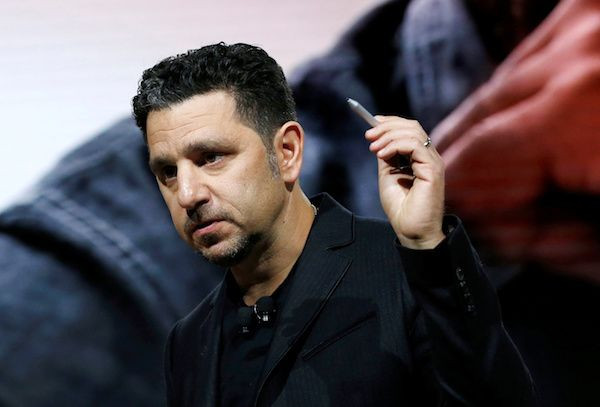Coronavirus Reportedly Forced Microsoft To Scrap Dual Display Device Launch Plans

KEY POINTS
- Microsoft is delaying the launch of the dual-screened devices it announced last year
- The delay is related to the concerns regarding COVID-19
- The company is focused on making Windows 10X work with single-screened devices
Microsoft is delaying the release of its dual-screened devices due to concerns related to the current coronavirus problem.
Redmond tech giant Microsoft was expected to release a dual-screened device it had announced last year, the Surface Neo, and the new version of Windows 10 meant to power dual-display devices, Windows 10X. Reports reveal, however, that the company might delay the release as it is instead forced to work on something else that's more relevant for what's happening at the moment.
Sources speaking with ZDNet revealed that Microsoft Chief Product Officer Panos Panay recently told some of his team that the company won't be delivering the Surface Neo this year. Panay also reportedly told them that the company won't be allowing any third-party dual-screen Windows device to run on Windows 10X.
The sources indicate that Microsoft is currently working on getting Windows 10X to work on single-screen devices, which includes laptops, 2-in-1 devices and so on. Windows 10X, as per Apple Insider, is a new version of Windows 10 that was designed from the ground-up to provide better security and a more streamlined user experience.
The change in priority is timely as the current world seems more interested in making it through the COVID-19 problem with help from video-communications software, than it is interested in devices with new form factors.
Microsoft said back in February that the COVID-19 outbreak was affecting its supply chain in China, ZDNet reported. The company's officials, however, have recently indicated that the supply chain was recovering, which implies the possibility that the company might be able to continue on with its planned Holiday 2020 release date for its dual-screened devices.
The Redmond-based giant didn't say that it is delaying the Surface Duo, an Android-based dual-screened smartphone of sorts. This could very well mean that those who were hoping to get it might be able to acquire it later in the year.
Nevertheless, since the situation regarding COVID-19 remains unsure at the moment, it will be best for consumers to wait and see before making any final decisions regarding buying the said devices. Stay tuned for more details as they come.
© Copyright IBTimes 2025. All rights reserved.



















